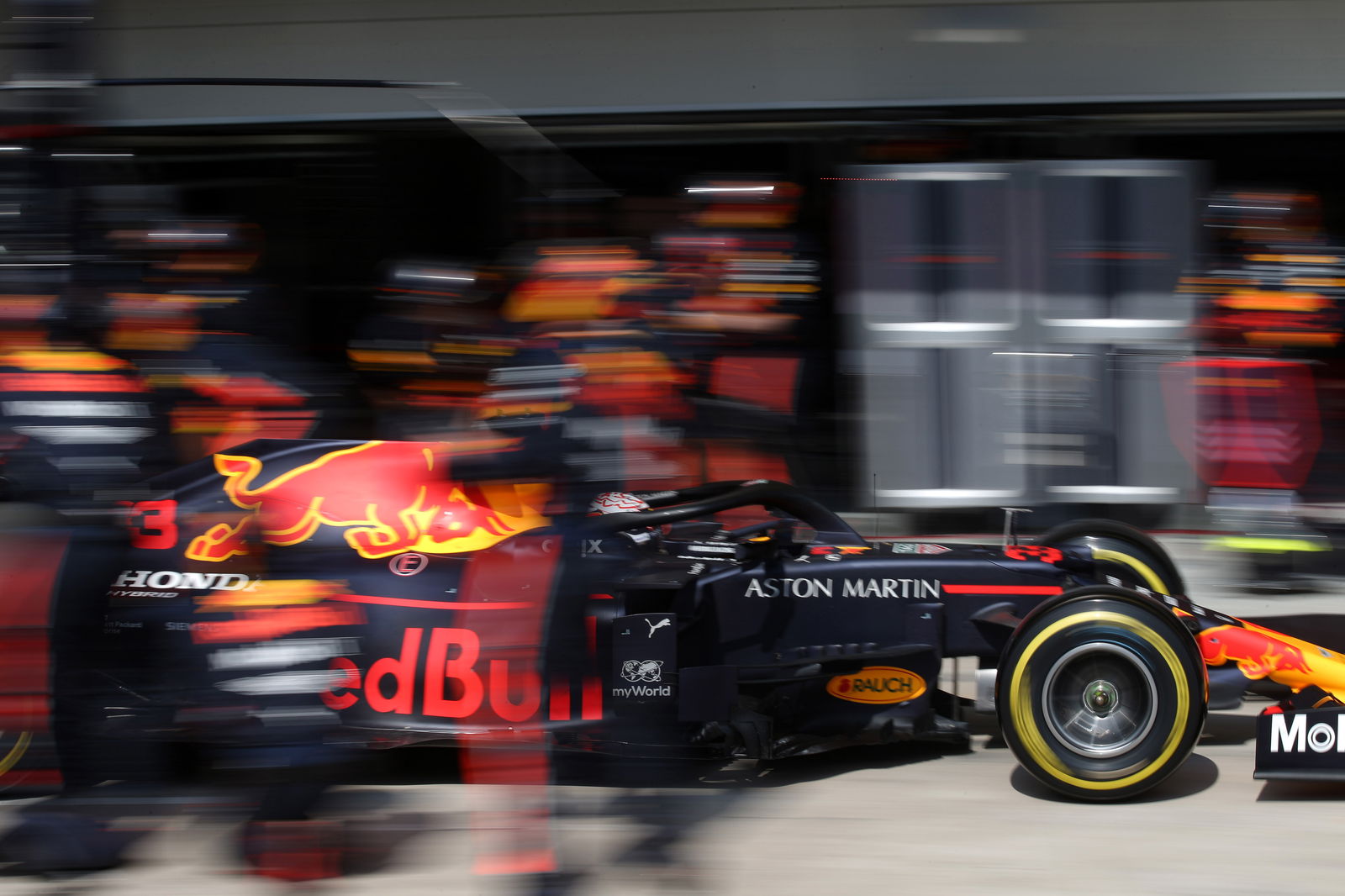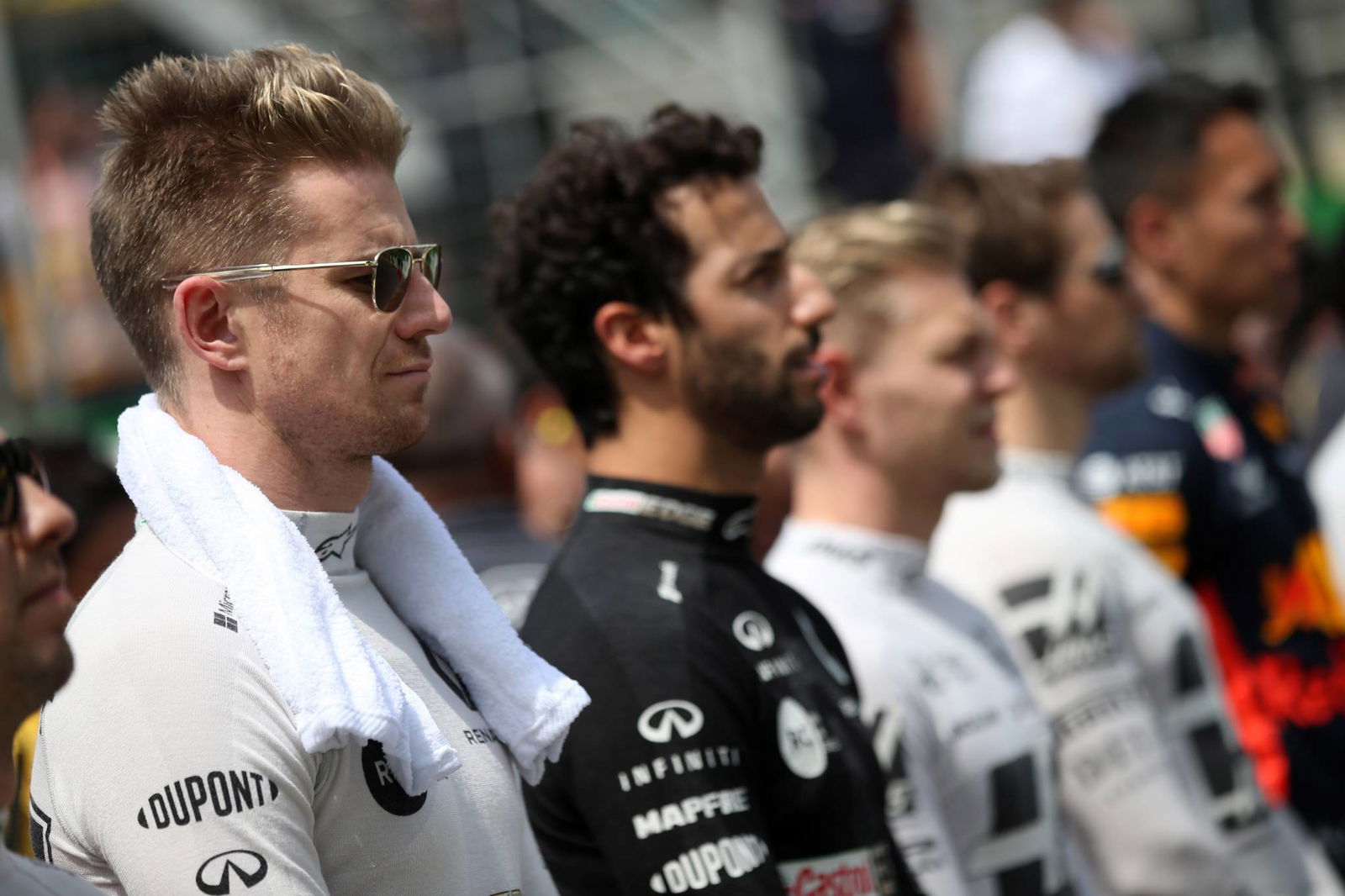F1 to evaluate recreating Brazil safety car restarts with rule tweak
Formula 1 will evaluate possible future rule changes to try and recreate the dramatic Safety Car restarts seen during the Brazilian Grand Prix.
Changes to the regulations for 2019 mean drivers are not allowed to overtake until they have crossed the start-finish line at Safety Car restarts, unlike in previous years, where the race would return to green flag conditions at the Safety Car Line 1.

Formula 1 will evaluate possible future rule changes to try and recreate the dramatic Safety Car restarts seen during the Brazilian Grand Prix.
Changes to the regulations for 2019 mean drivers are not allowed to overtake until they have crossed the start-finish line at Safety Car restarts, unlike in previous years, where the race would return to green flag conditions at the Safety Car Line 1.
In an attempt to prevent his rivals from gaining a slipstream on the long drag to Turn 1 in Brazil, Verstappen waited until the last possible moment before accelerating away from the pack and restarting the race.
There was action aplenty at both restarts, with Verstappen pulling off a sensational move around the outside of Lewis Hamilton into the Senna Esses earlier on in the race.
F1 boss Ross Brawn said the championship can learn from the thrilling nature of the restarts at Interlagos and may even tweak the format in future.
“He [Verstappen] was particularly strong at the second re-start, when he slowed the field right down with the aim of ensuring no one would be able to slipstream past him and snatch victory,” Brawn explained.
“It was an exciting and fascinating re-start which will be analysed very carefully, as the closeness of the pack in the seconds leading up the green flags resulted in a thrilling spectacle as drivers jockeyed for position and where the slightest advantage proved decisive.
“Examining the possibility of procedurally recreating those conditions in future is an interesting concept and one that will undoubtedly be explored in the coming period.”


